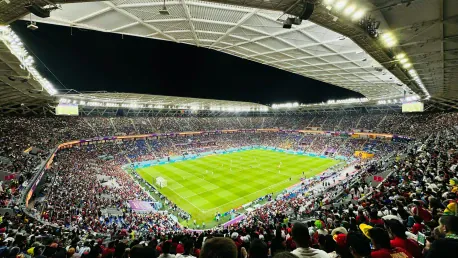In a major strategic realignment, FIFA has decided to move its Legal & Compliance Division from Zurich, Switzerland, to Miami, USA, signaling a shift aimed at better preparing for the 2026 World Cup. This relocation illustrates FIFA’s new organizational philosophy of being “local to be global,” aiming to enhance its global presence and operational efficiency. The division’s role is multifaceted, encompassing the revision of FIFA Statutes, the reformation of the transfer system, the management of the FIFA Clearing House, and the oversight of various judicial bodies.
Enhancing Global Presence
This shift is part of a broader mission to ensure that FIFA operates not only more efficiently but also in closer proximity to key football markets. By moving to Miami, FIFA can better engage with its 211 member associations, facilitate educational projects, and support National Dispute Resolution Chambers more effectively. Specialists in critical areas such as match-fixing, digital technology, and regulatory compliance are integral to this team. With Miami being a central hub for international business and sports, the move reinforces FIFA’s commitment to a more globally integrated approach.
Leadership’s Perspective
In a significant strategic shift, FIFA has decided to relocate its Legal & Compliance Division from Zurich, Switzerland, to Miami, USA. This move signals a strategic focus as FIFA prepares for the 2026 World Cup. The relocation highlights FIFA’s new philosophy of being “local to be global,” aiming to increase its global presence and improve operational efficiency. The division plays a crucial role, overseeing tasks such as updating FIFA Statutes, reforming the transfer system, managing the FIFA Clearing House, and overseeing various judicial bodies. This change is not just about geography; it’s about aligning FIFA’s operations with its strategic goals. By moving to Miami, FIFA aims to be more integrated with the sport’s growth markets and closer to the host countries of the upcoming World Cup. This transition is expected to bolster FIFA’s ability to govern the sport more effectively on a global scale, ensuring that the organizational structure supports the dynamic needs of modern soccer worldwide.









